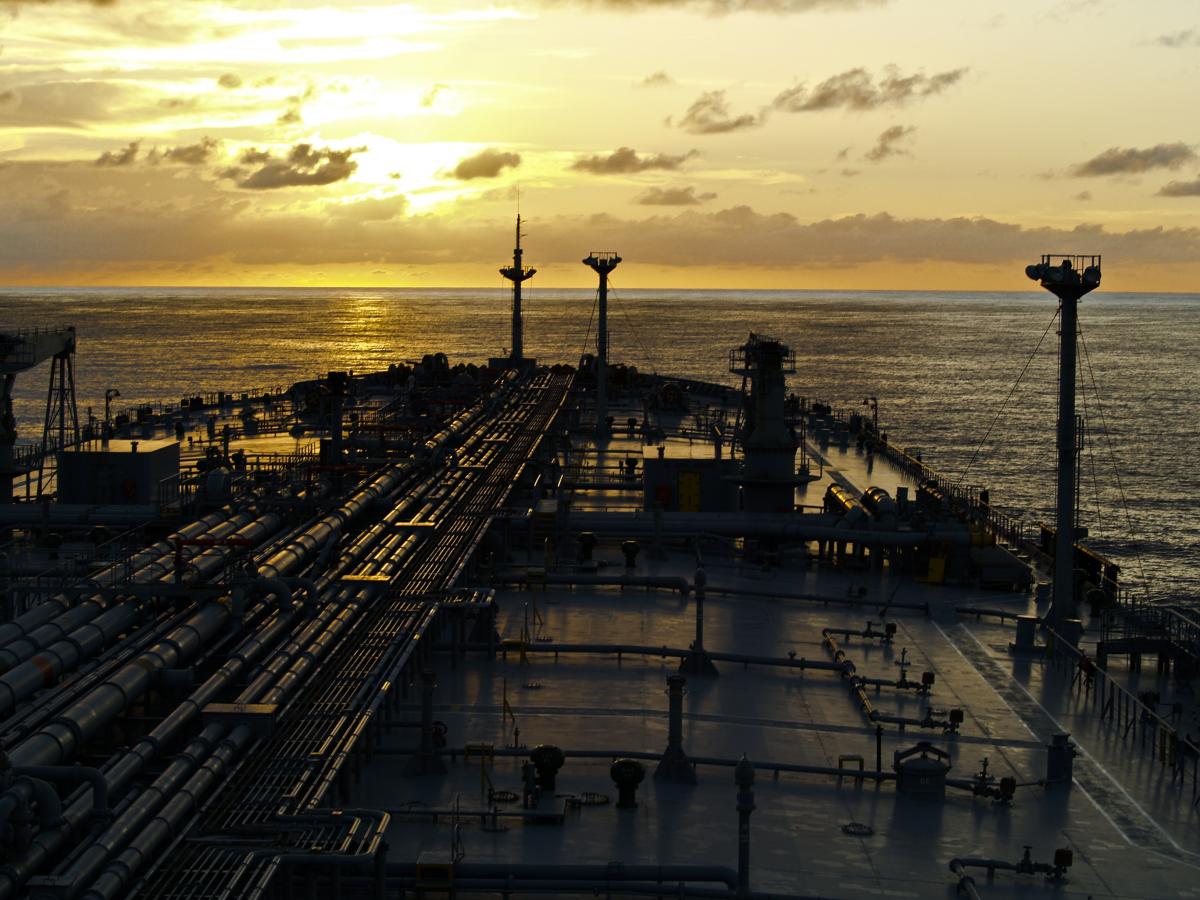Limit prices for Russian oil products will come into force on February 5. A transition period of 55 days will apply for a number of cases.

On February 4, the Council of the EU approved the price ceiling for petroleum products that are manufactured in Russia or exported from there.
As reported on the website of the Council of the EU, today it was decided to establish two limit prices. One of them is applicable to oil products that are more expensive than crude oil, for example, to diesel fuel; and the other for cheaper products, such as fuel oil. As a reminder, the price ceiling for Russian oil is $60 per barrel.
Thus, Russian oil products, which cost less than crude oil, can be sold at a price of no more than 45 USD per barrel. And for diesel fuel and other petroleum products, which cost more than crude oil, the price ceiling is set at $100 per barrel.
The price cap will come into effect on February 5, 2023. If the purchase price of Russian oil products is higher than the established limits, companies will be prohibited from transporting them by sea to third countries; and also provide technical or financial assistance, provide intermediary services or financing related to the transportation of such products.
“A transition period of 55 days is provided for those vessels that transport Russian petroleum products that were purchased and loaded onto the vessel by February 5, 2023 and unloaded by April 1, 2023,” the message said.
It is also emphasized that in mid-March the EU Council will return to the review of the crude oil price cap mechanism and the review will be conducted regularly every two months.
Sanctions against Russian oil and oil products
As reported, EU oil sanctions against Russia entered into force on December 5, 2022. They provide for a ban on the export of Russian oil if its price is higher than the established “ceiling”.
At the beginning of December, the Council of the EU adopted a decision to set the maximum price for Russian oil at the level of $60 per barrel. The price ceiling means that from December 5, the European Union countries, the United Kingdom, the United States, Canada, Japan and Australia will provide services related to the transportation of Russian oil by sea, only if it is purchased at or below the established limit price.
Also, from February 5, 2023, an embargo on Russian petroleum products, such as diesel fuel and fuel oil, comes into effect. Following the EU, the G7 countries are also introducing price restrictions on the supply of Russian fuel.
However, on the eve of today’s decision of the EU Council, Bloomberg wrote that the G7 countries would like to set a higher price for Russian diesel fuel in order to avoid serious shocks in the market. The EU is considering a cap of $100, while the G7 is proposing a range of up to $110. Nevertheless, the “Big Seven” made it clear that it would also be satisfied with the European Union’s decision to set a price ceiling for Russian diesel fuel in the range of $100 to $110 per barrel.





